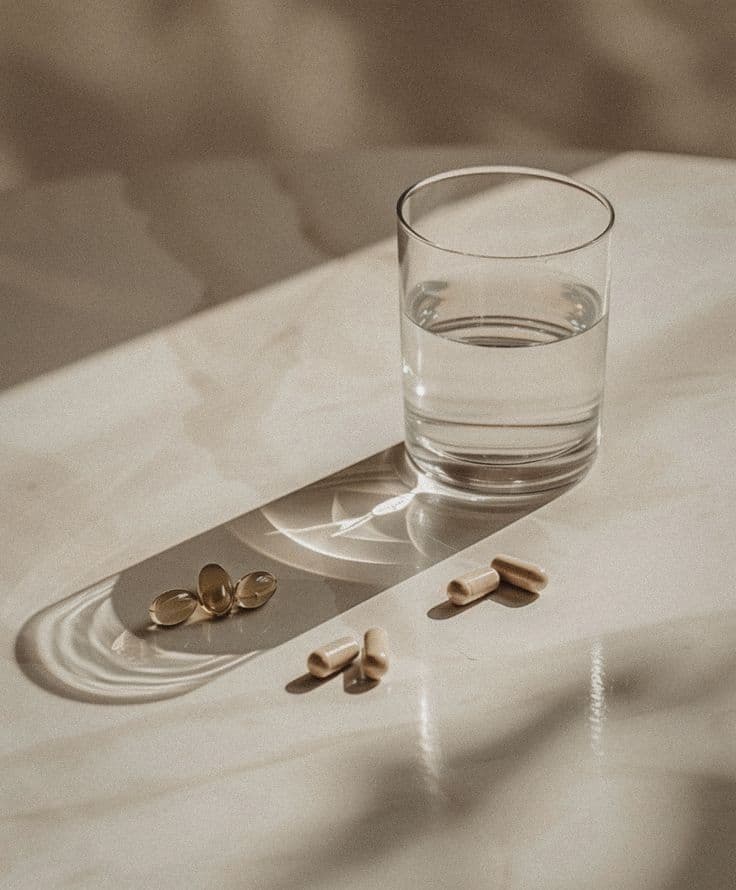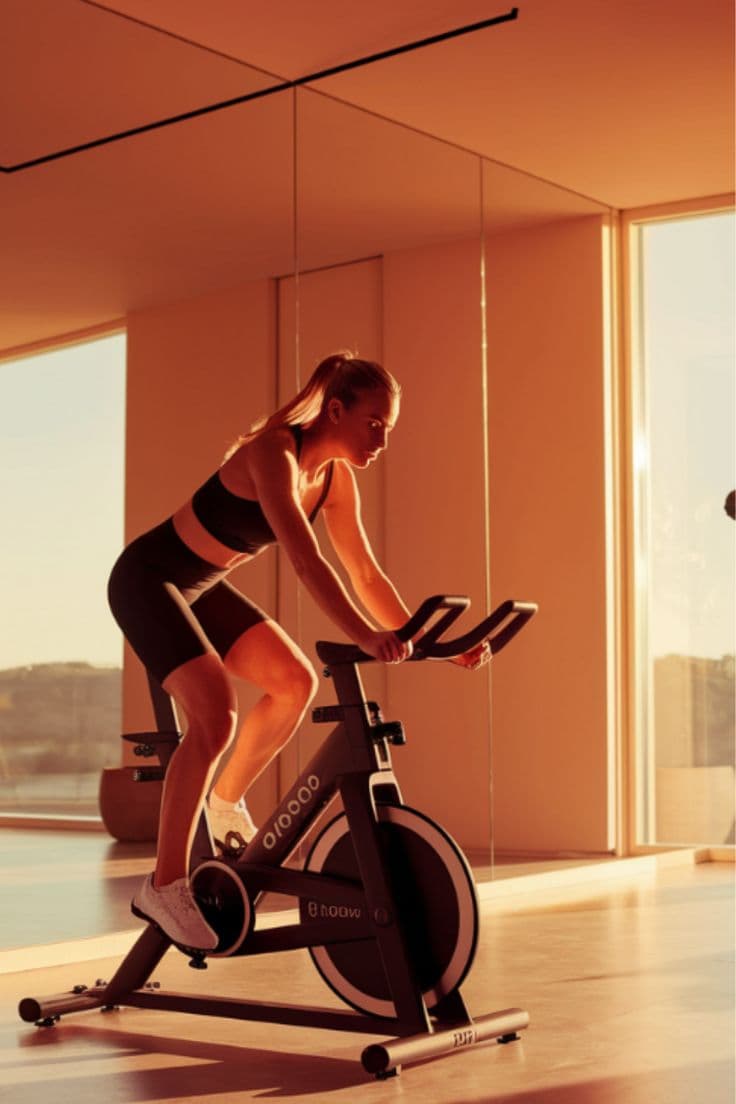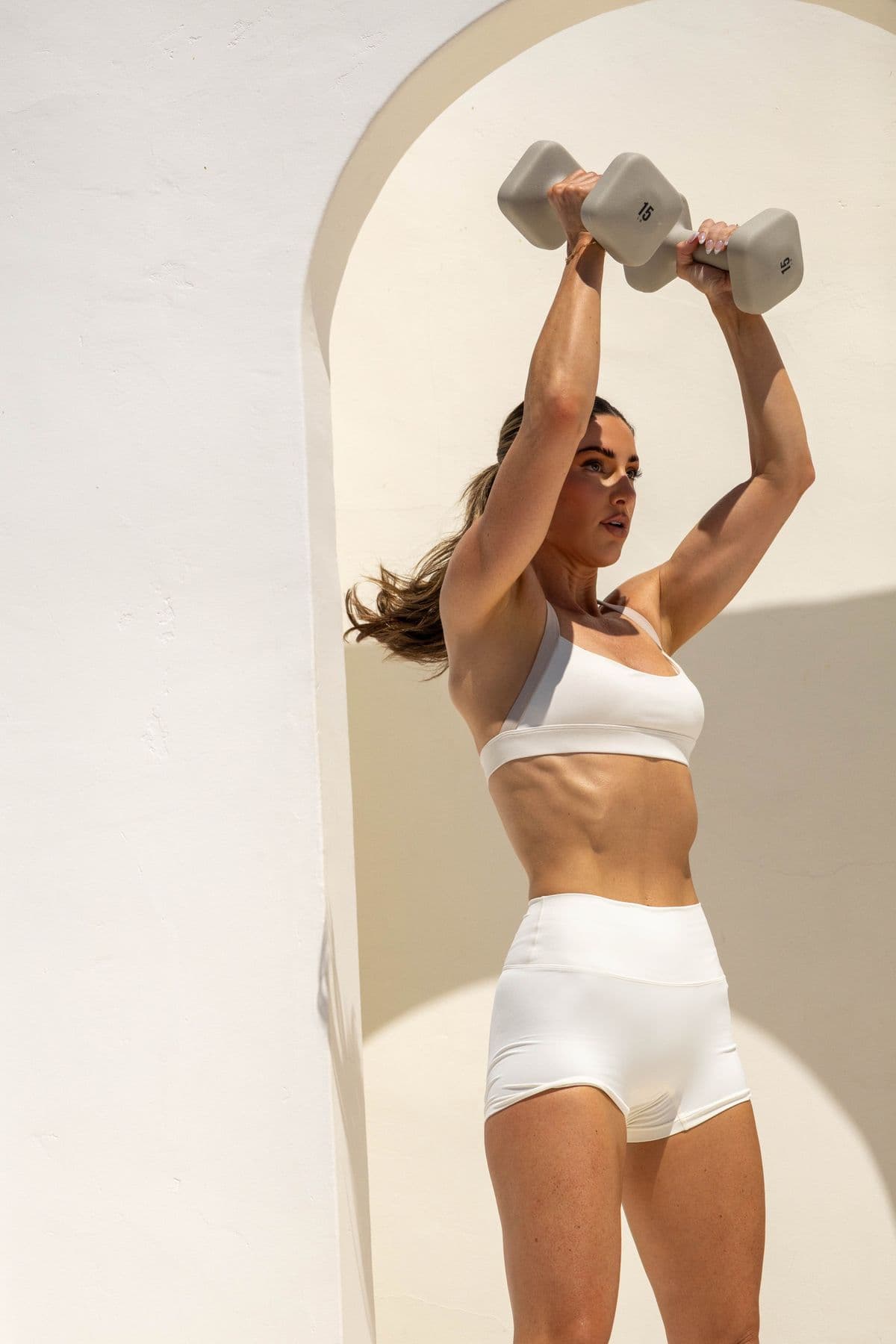
Should you take creatine if you have endometriosis?
5 sources
Listen to this article
Hey girl, I know you've been eyeing that creatine supplement for energy and gym gains, but if you're dealing with endometriosis, let's talk about what the latest research is saying. I want you to have all the facts to make the best choice for your body.
The uncomfortable truth about creatine and endo
Recent 2024 studies have uncovered some concerning mechanisms that might make you pause. Here's the deal: creatine appears to help endometrial cells survive in places they shouldn't be. During your period, your body naturally tries to eliminate these wayward cells through a process involving iron. But creatine seems to protect them from this cleanup process, potentially allowing endometriosis to progress.
Even more frustrating? Creatine also appears to reprogram your immune cells in ways that support endometriosis growth by promoting inflammation and new blood vessel formation. Basically, it's like giving the condition a helping hand when you're trying to manage it.
Your luteal phase deserves extra consideration
You know those weeks before your period when everything feels more intense? During this time, your body is already dealing with heightened inflammation. Adding creatine to the mix could amplify these effects right when you're preparing for your cycle and trying to find comfort in your routine.
The research suggests that late luteal phase and menstruation might be particularly problematic windows for creatine supplementation, given the high iron environment your body creates during bleeding.
Your action plan for making this decision
If you're already using creatine successfully: Don't panic and quit cold turkey. Have an honest conversation with your healthcare provider about your specific situation and symptoms.
If you're considering starting: Approach with gentle caution. The evidence suggests waiting might be wise while more research develops.
Support your energy naturally: Focus on magnesium, B vitamins, and consistent sleep to prepare your body for each cycle phase.
Time it thoughtfully: If you do supplement, consider avoiding concentrated doses during your late luteal phase and period.
Remember, this research is still emerging, and your individual experience matters most. Trust your body, work with practitioners who understand endometriosis, and know that supporting your wellness journey means making informed choices that feel right for you.



